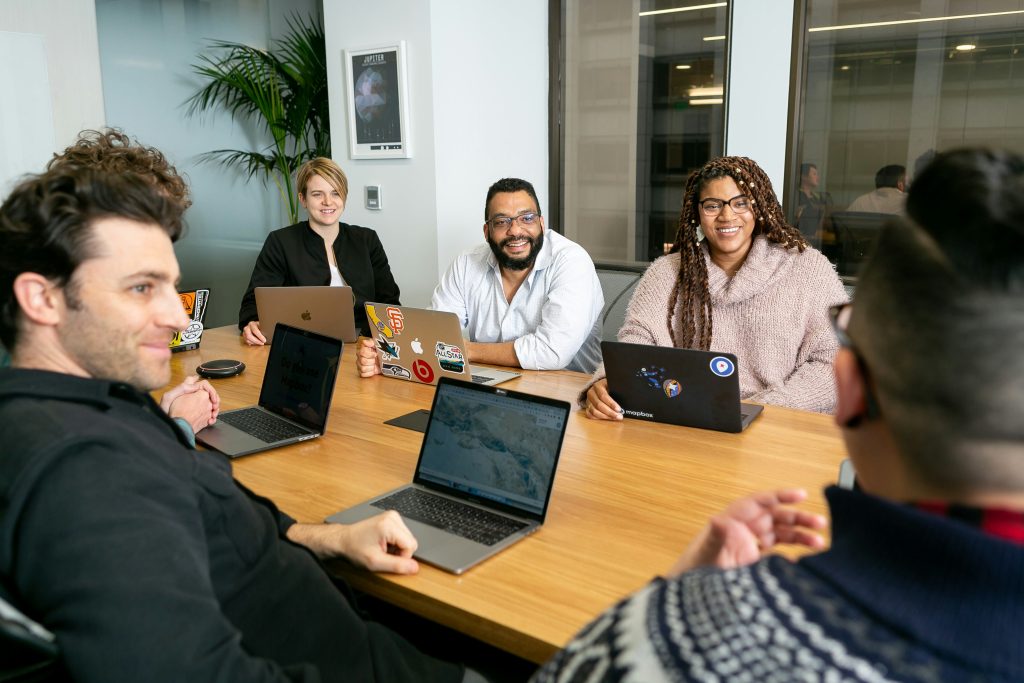
Join us!
We are looking for enthusiastic, experienced people who share our passion for tackling health inequalities through mindful movement to join our friendly board of trustees.

We are looking for enthusiastic, experienced people who share our passion for tackling health inequalities through mindful movement to join our friendly board of trustees.

We are looking for enthusiastic, experienced people who share our passion for tackling health inequalities through mindful movement to join our friendly board of trustees.
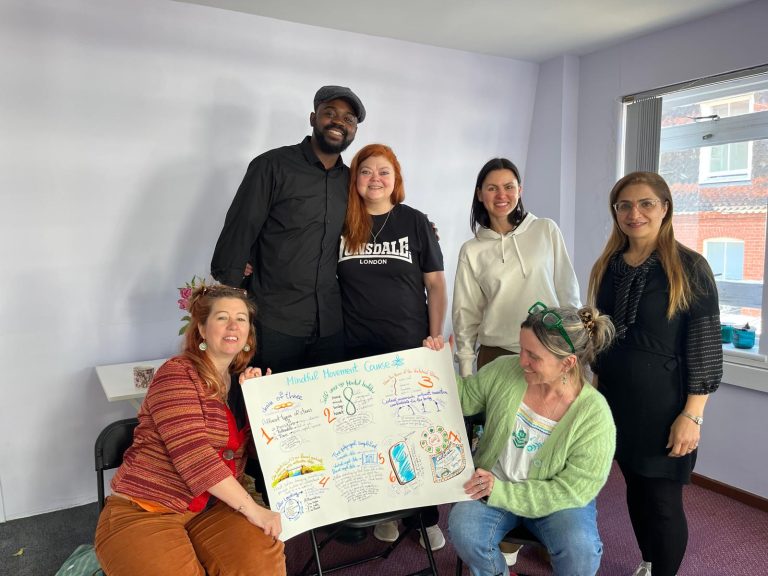
Become a certified Mindful Movement Community Trainer and learn to lead simple, chair-based classes that soothe the nervous system, reduce pain, and boost mental and
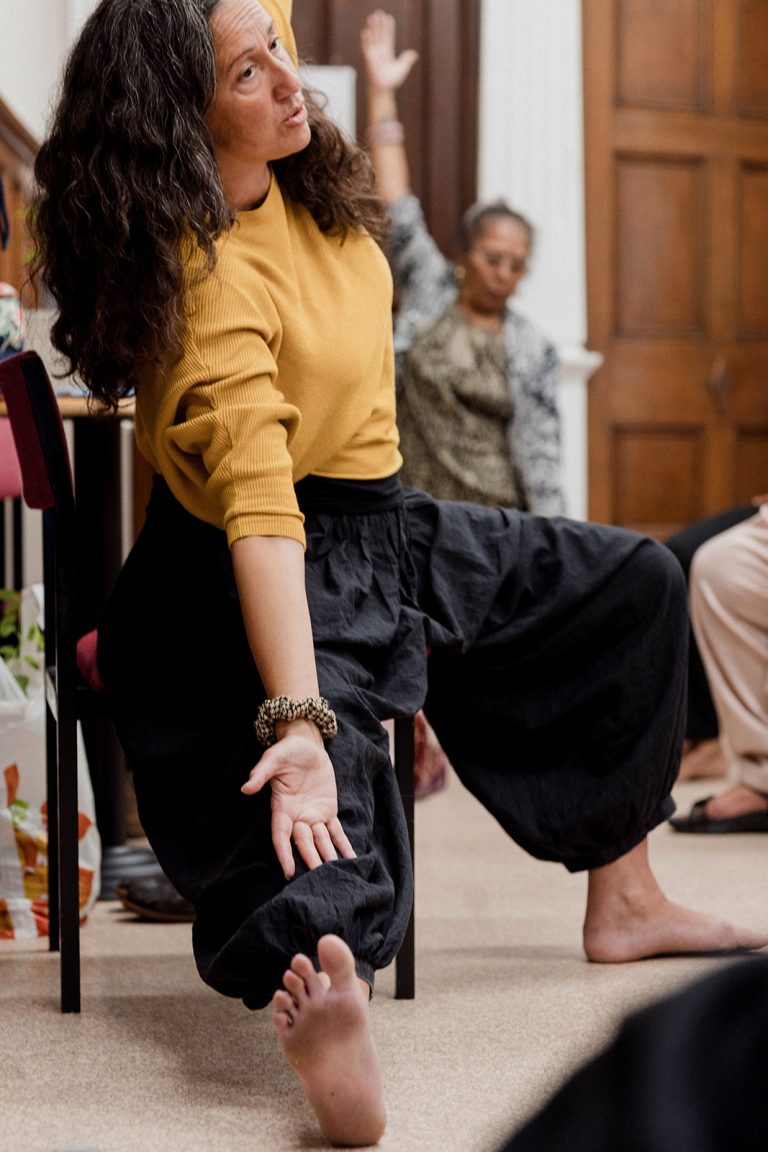
It’s been a busy year for us here at BNHF! We have supported more than 400 people facing health inequalities to access our free, accessible
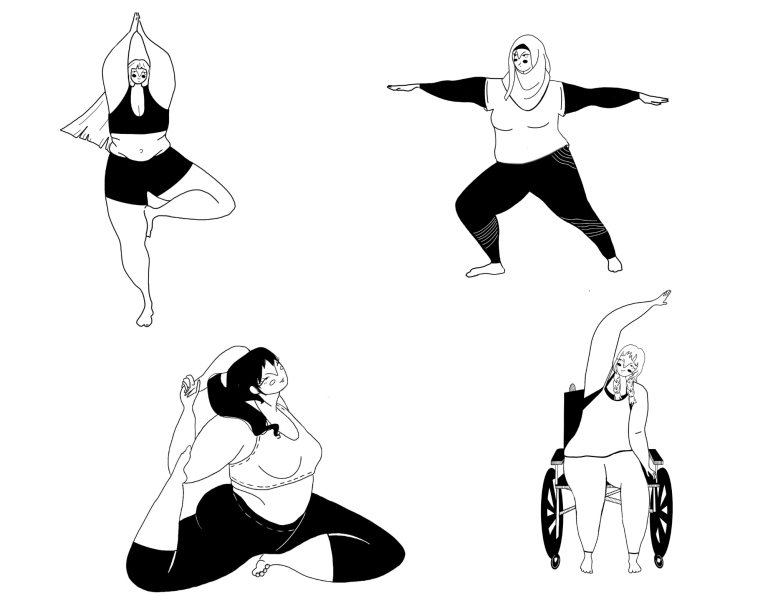
We are so pleased with these beautiful prints designed exclusively for BNHF by upcoming Brighton-based illustrator Charlie Hardiman. People who sign up to our new
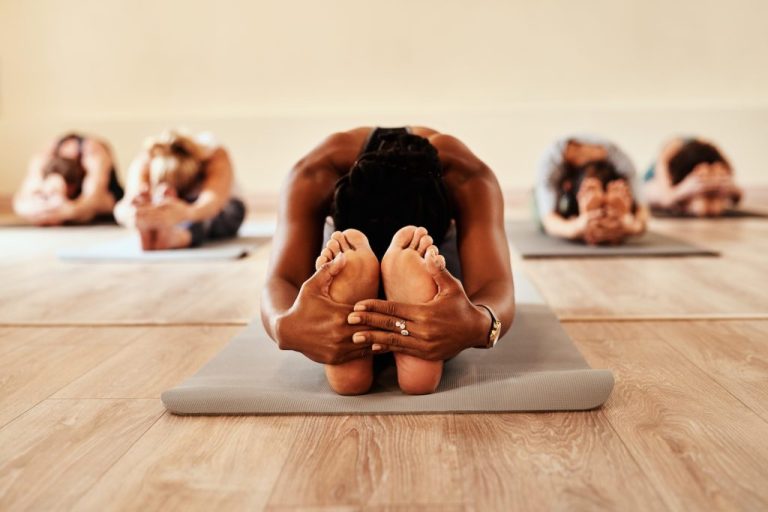
jo’s story I’ve been doing yoga with Sarah for about seven years, following her through four different spaces. I first found out about the (BNHF)
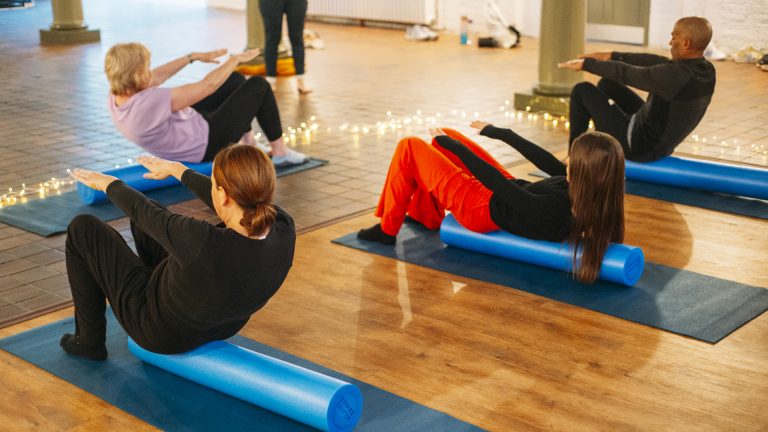
J was struggling. Suffering from pressure headaches, she was bedbound most days with extreme pain and unable to face the world. Her relationship with her

We want to say a big thank you to Henfield Storage for kindly sponsoring our mindful movement for chronic pain class in Southwick. Living with chronic